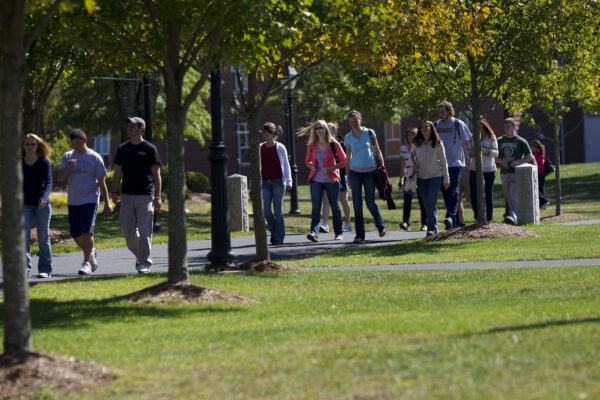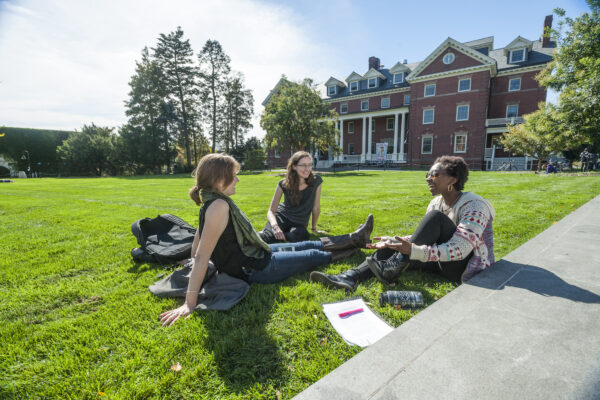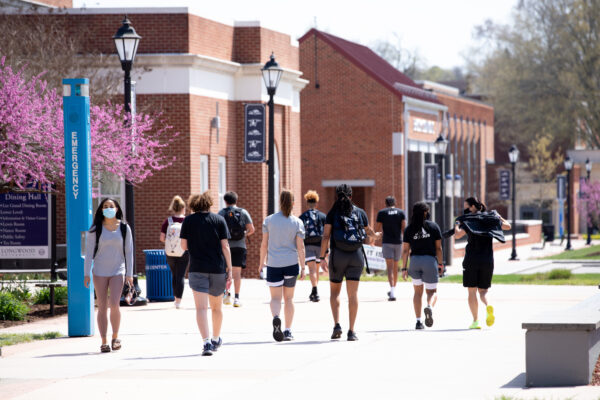
Building Infrastructure for Non-Degree Credentials
March 10, 2025

Enrollment Trending Upward After COVID-19
February 3, 2025

The Growing Gender Divide in STEM Education
February 3, 2025

Building and Sustaining an AI-informed Institution
January 21, 2025

Dear President-elect Trump: Higher Education Builds America
ACE President Ted Mitchell urges the incoming administration to recognize the critical role America’s colleges and universities can play in tackling the nation’s most pressing challenges.
January 6, 2025

Recommendations for States to Address Postsecondary Affordability
December 12, 2024




